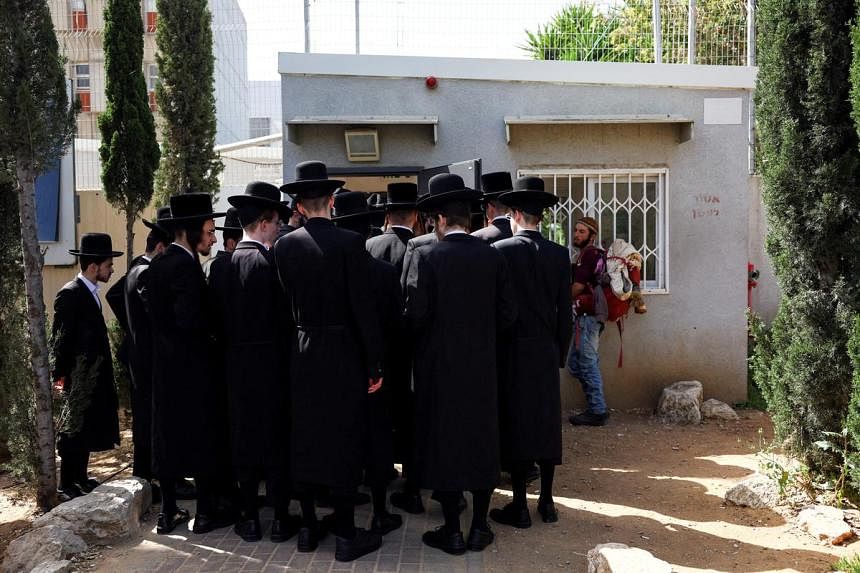
In a landmark ruling, Israel’s Supreme Court has mandated the conscription of ultra-Orthodox men into the military, delivering a significant blow to Prime Minister Benjamin Netanyahu's coalition government. This decision, announced on Tuesday, could destabilize Netanyahu’s fragile alliance, particularly during the ongoing conflict with Gaza.
The Supreme Court's decision underscores the principle of equality before the law, addressing the long-standing issue of unequal enforcement of Israel's conscription laws. The court criticized the current system, stating, "At this time there is no legal framework that makes it possible to distinguish between yeshiva students and those destined for military service. Accordingly, the state does not have the authority to order a blanket avoidance of their conscription." This ruling requires the government to withdraw funding from religious schools, or yeshivas, whose students do not comply with draft notices, further tightening the enforcement of conscription laws.
Since Israel's founding, ultra-Orthodox Jews, or Haredim, have been largely exempt from mandatory military service, prioritizing religious study which they deem as crucial to the preservation of Judaism. This exemption has been a contentious issue within Israeli society, with many viewing it as unfair. Haredi parties, which are vital allies in Netanyahu’s coalition, strongly oppose any changes to the current system. These parties, including United Torah Judaism and Shas, have been staunch defenders of the exemption, arguing that religious study is as important to Israel's defense as military service.

The Supreme Court's ruling puts Netanyahu in a precarious position. His coalition government, already delicate, relies heavily on the support of ultra-Orthodox parties. Over the past weeks, Netanyahu has been working to advance legislation in the Knesset, Israel’s parliament, that would enshrine the draft exemption for Haredi men into law. However, this effort faces significant opposition not only from the Supreme Court but also from within his own government. Defense Minister Yoav Gallant has publicly criticized Netanyahu's attempts to exempt Haredi Jews from military service, highlighting the deep divisions within the administration on this issue.
This is not the first time the Supreme Court has struck down the Haredi exemption. In 1998, the court ruled that allowing Haredim to avoid conscription violated principles of equal protection. Since then, successive governments have attempted to address the issue, only to be repeatedly overruled by the judiciary. This latest ruling adds to the legal and political challenges Netanyahu faces as he tries to maintain his coalition's stability.
Public opinion in Israel also supports the court's decision. A February poll conducted by the Israel Democracy Institute found that 64% of Israeli respondents, and 70% of Jewish Israeli respondents, believe that the Haredi exemption should be changed. This poll, which included interviews with 600 Hebrew-speaking and 150 Arabic-speaking Israeli adults, reflects widespread support for ending the conscription disparity.
The Supreme Court's ruling is a pivotal moment in Israel’s ongoing debate over military service and equality. As Netanyahu navigates this legal and political challenge, the decision's implications for his coalition and Israel's socio-political landscape remain to be seen. The coming weeks will be crucial as the government responds to the court's mandate and attempts to reconcile the divergent views within its ranks.











